Cristela Alonzo wastes no time diving into current events in her new Netflix comedy special, Upper Classy.
The South Texas native takes the stage at the Majestic Theater in Dallas, sips her water and notes that it’s “room temperature — because I hate ICE,” referring to U.S. Immigration and Customs Enforcement.
“I wanted to talk about the ICE elephant in the room right off the bat,” Alonzo tells Yahoo. “I shot it on June 14, which was “No Kings” Day. How can I have people protesting outside [in the streets] and inside, I’m [telling jokes about] airline food?”
Upper Classy premiered Sept. 23 and is the final installment of a trio of stand-up specials she’s done with Netflix, following 2017’s Lower Classy and 2022’s Middle Classy. In it, the Mexican-American comedian, 46, reflects on her success as juxtaposed with a childhood spent in deep poverty, raised by a single mother who was undocumented for a period.
Alonzo spent the first seven years of her life squatting in an abandoned diner in a Texas-Mexico border town with her hardworking mom and three older siblings. For electricity, they ran an extension cord to the home next door. Border Patrol agents were everywhere, immigration raids were routine and she lived in fear that her mother would be taken away.
“One of the struggles I’ve always had was growing up in abject poverty and people not believing me because I spoke so well,” she says. Even she didn’t fully grasp the extent of her family’s situation until she was 21.
“As kids, we think that our life is what everybody’s life looks like,” Alonzo says. “I didn’t really realize it until I left Texas and moved to L.A. I was at a diner with friends, telling them a story about how I grew up, and one of them looked at me and said, ‘Wow, you were poor. Girl, you lived in a diner.’ And let me tell you: I hadn’t thought about it. To me, that diner was my home.”
Her mom and siblings did “a fantastic job of shielding me from how poor we were,” she says. “I just remember having a happy childhood. Even in dire straits, I didn’t notice it. My family was so joyous. And it’s weird because if you grew up in poverty, people have a perception that you’re always sad. You’re like: ‘What is food?’ But joy always exists, even in the worst circumstances.”
Mining her life for laughs
In Upper Classy, Alonzo keeps the laughs coming with sharp observations and personal stories. She riffs on “Karens” questioning whether she belongs in her neighborhood, the awkwardness of nudity at a spa, finally having “therapy money” for her Catholic guilt and proudly not having children — after helping her sister raise three.
But she goes deeper. A theme is the American dream and how it teaches people to work hard, but not necessarily how to enjoy life. Alonzo ties this to her family: her mother worked tirelessly and died in 2002 without having ever even gone to see a movie.
Now that she has money, Alonzo takes her siblings on vacation — only to discover none of them know how to relax. And, for her, success isn’t about flashy purchases. It’s about being able to put her bills on autopay.
“When you grow up in survival mode and then you’re no longer struggling, it gives you so much freedom that it’s actually overwhelming,” she says. “Because you live trying to make ends meet. That’s your identity. When you don’t have to worry about that, you have all this free time — like, now what?”
She’s still adjusting to having money — even something as basic as getting her car fixed. As a child, a broken-down car could mean weeks without transportation while the family scraped together enough for repairs. When she goes on a red carpet, she makes sure to pair something “cheap” with the fancy. Her upbringing, she says, has helped her “maintain a very simple lifestyle.”
Now that she’s not constantly hustling to make ends meet, Alonzo is giving herself the childhood she missed.
“I never learned to swim, so I’m taking swimming classes,” she says. “I never learned to ride a bike, so I bought one. I don’t even know what to buy. I had to Google ‘bike essentials’ — OK, I guess I need a helmet and lights. The same with swimming. I’m like: What the hell is a swim cap?”
She adds, “I’m taking the time to actually enjoy myself, which is something that a lot of us don’t allow ourselves to do.”
Representation and realness
Growing up, Alonzo watched stand-up on TV with her family, but never realized it could be a profession.
“I didn’t even think of it as a job,” she laughs. “I thought that everybody I was seeing on TV was just hanging out because they were having so much fun.”
“I tell these stories that will hopefully connect with people who don’t look like me and show them that we all have a lot in common,” the comedian says. (Lauren Smith/Netflix)
She’s aware that there still aren’t many people in entertainment who look like her. When asked about representation, she doesn’t sugarcoat it.
“Ten years ago, I was the first Latina to create, star and write her own sitcom, which is great,” she says of her sitcom Cristela, which ran from 2014 to 2015 on ABC. “The problem with being the first is that people don’t know what to do with you. There’s this learning curve that you’re the guinea pig for.”
The experience, which she poured everything into, left her disheartened.
“When the show got canceled, people asked, ‘When are you coming back to TV?’ she says. “Honestly, I wanted to wait a while, because I wanted the industry to catch up more to where we are, because the truth is that we need so much more representation. And I don’t even necessarily mean Latino. I was reading an article about the decrease of female characters over 40 on TV, and that’s wild to me.”
Cristela Alonzo in ABC’s Cristela. (Adam Taylor/Disney General Entertainment Content via Getty Images)
It’s part of a larger issue for her: “It’s all about youth. Becoming an adult is sexy, but being an adult for decades? That’s considered boring. But it’s important to tell those stories.”
“The problem with being the first is that people don’t know what to do with you.”
She also criticizes the industry’s risk aversion, stressing the importance of having the freedom to experiment creatively without the pressure of constantly defending one’s job.
So, would she do another show? “Oh yeah, I would do it. Only now, a decade later, could I honestly say that I would do it. It took me 10 years to want to do it again,” she says.
Alonzo recognizes that being a comedian in a moment where speaking freely can feel more loaded puts her in the line of fire, especially after Jimmy Kimmel’s return to air following his suspension. Yet, it also gives her the chance to add her much-needed perspective to the conversation.
“I have never been scared of saying anything because I believe that if you’re being honest to who you truly are, you have nothing to worry about,” she says.
In her over 20 years in stand-up, though, she’s noticed a shift — some comedians finding mainstream success by leaning into rhetoric instead of comedy. That’s a path she won’t follow.
“I refuse to sell who I am to try to get clicks and likes and money,” she says. “What I want is to actually be exactly who I am. And if [someone doesn’t] like it, then I’m not for you.”
For Alonzo, comedy has always been about more than just laughs. It’s about holding up a mirror to society.
“If you’re not willing to stand up for who you are, then what’s the point of doing all of this?” she says. “If you’re doing a paint-by-numbers [version of this], then we’re all doing it for nothing.”
That’s exactly why Upper Classy opens with her joke about ICE. It’s a statement about her identity.
“I wanted everybody to know: This is who I am,” she says. “If you don’t like it, go see something else.”

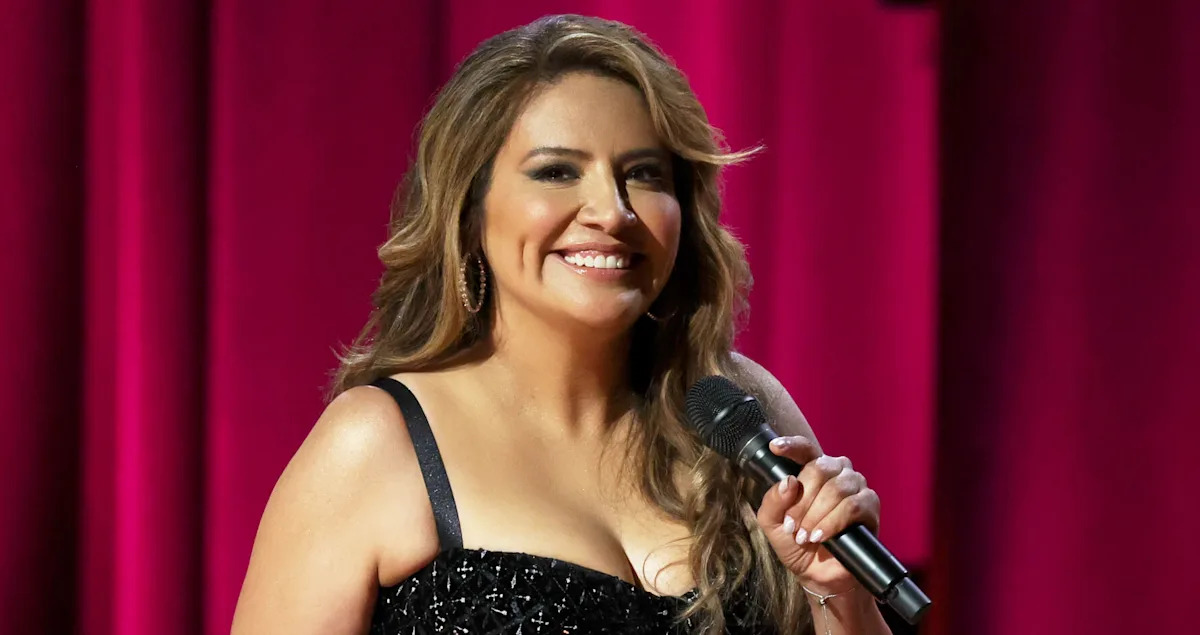
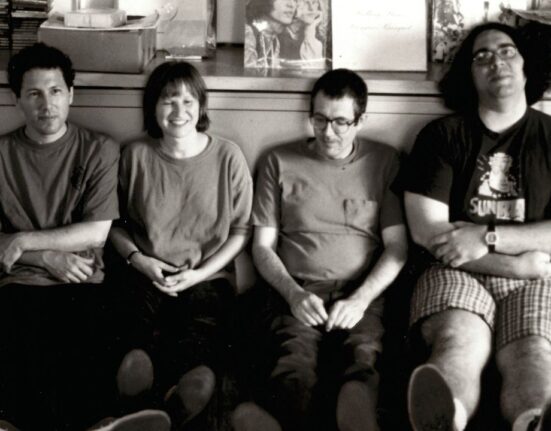

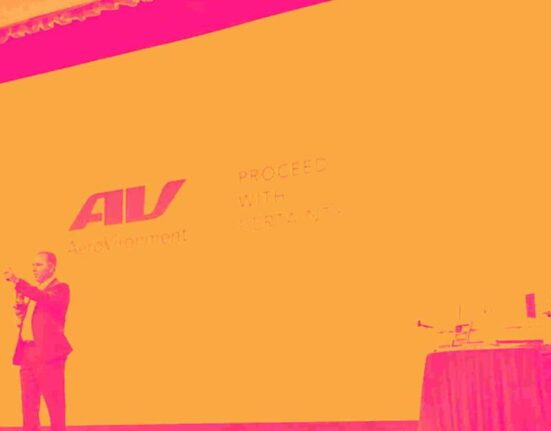
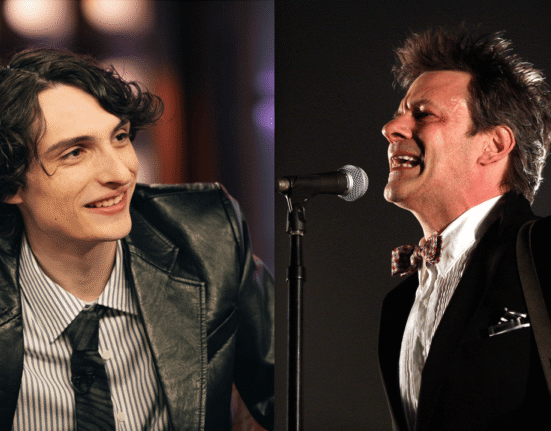
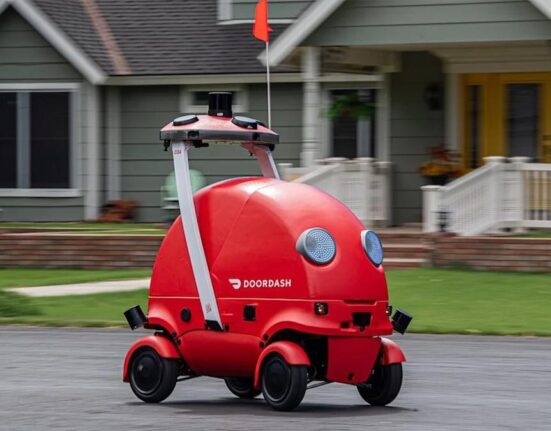
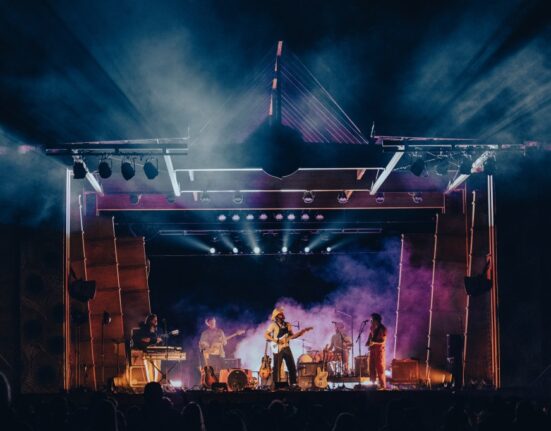
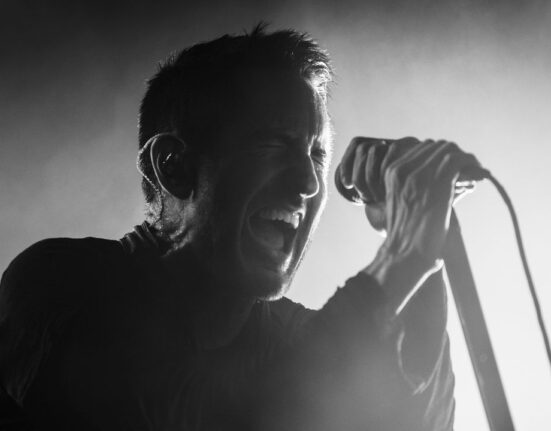

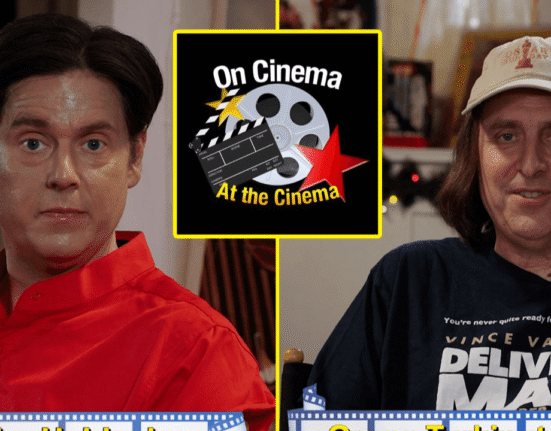

Leave feedback about this